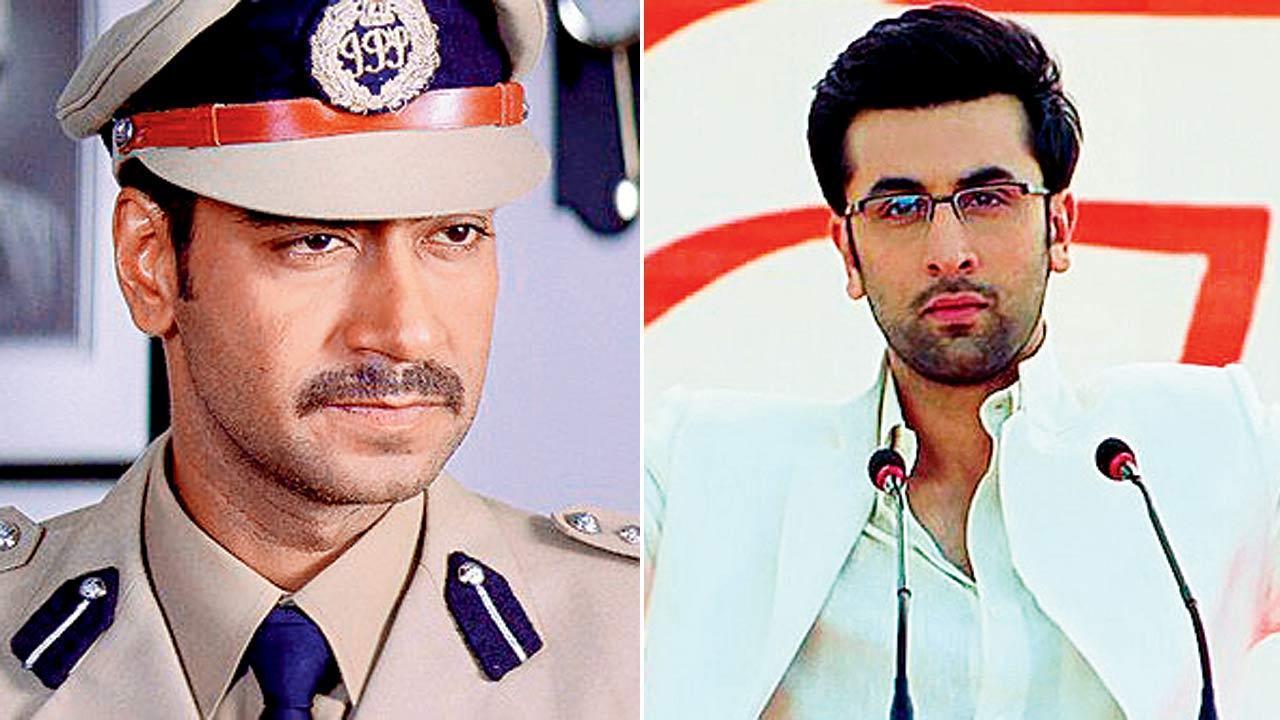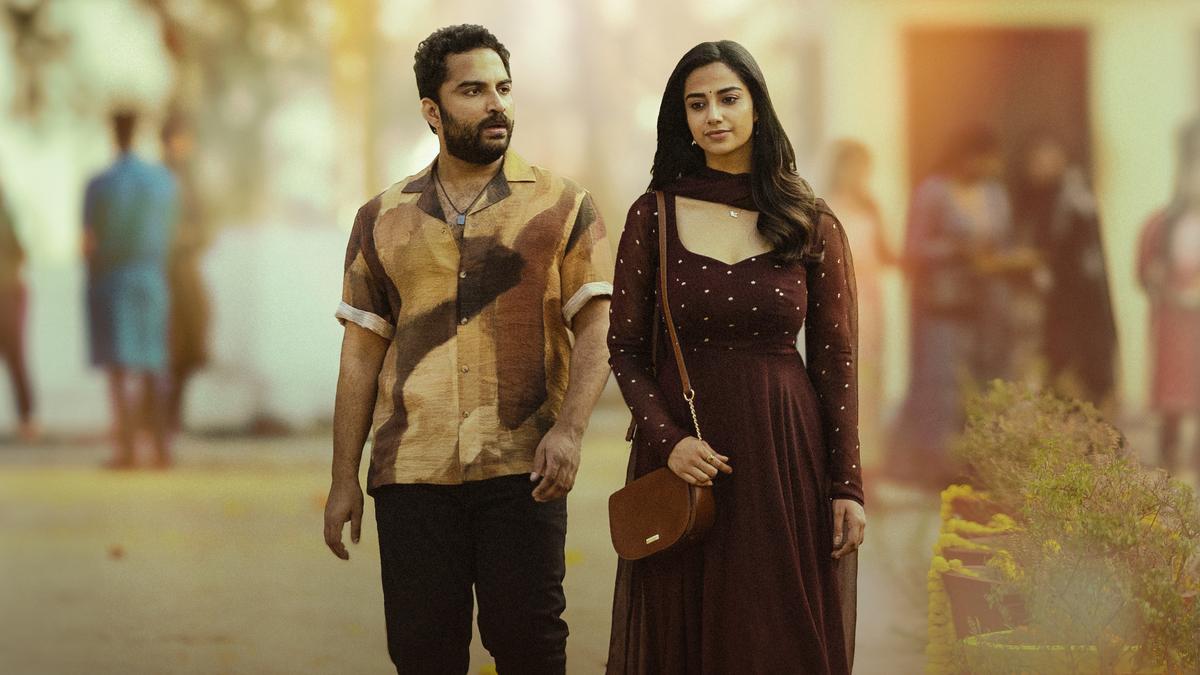
The cinematic landscape is often a reflection of societal paradigms, and sometimes the film industry becomes a battleground for ideological clashes. Sandeep Reddy Vanga’s ‘Animal,’ a film that has sparked considerable discourse, is at the epicenter of a debate surrounding its thematic elements of misogyny and toxic masculinity. On one side, some industry stalwarts have chastised the film for its potentially harmful narratives, while others have come to its defense, citing its layers and emotional depth. Recently, Tanishaa Mukerji, a recognized Bollywood actress and younger sister to the revered Kajol, has weighed in on the conversation, commending the film for its feminist undertones.
‘Animal,’ starring Ranbir Kapoor, rode a wave of box office success before it geared up for a digital release. Critics and audiences alike were divided over the movie’s controversial subject matter, particularly its portrayal of masculine tropes. However, where some saw reinforcement of regressive norms, others, like filmmaker Anurag Kashyap, found authenticity in the characterizations and supported Vanga’s vision. Mukerji joins the latter group, vocalizing her interpretation of the film as aligned with feminist values.
In an up-close interview with FirstPost, Mukerji articulated her stance on ‘Animal’ and its portrayal of feminism. She pinpointed specific narrative moments depicting Ranbir’s character, who after being educated at Harvard, encourages his sister to leverage her education and intellect. This gesture, according to the actress, overturns traditional patriarchy and instead propels a narrative of female empowerment. Further, Mukerji underscored a seemingly minor yet symbolic act where Ranbir’s character respectfully assists his wife Rashmika with her shoes during their honeymoon – a scene Mukerji praises as heartwarming and indicative of a modern, respectful husband.
The broader context, as Mukerji observes, enables the audience to confront its own biases and double standards. She highlights an exchange where Ranbir’s character questions Rashmika’s character about her tolerance for his on-screen violence versus her disdain for his infidelity, plunging into the complex morality and ethical hypocrisy that often pervade personal relations.
Delving deeper into the motivations behind masculine responsibilities, Mukerji suggests the need to empathize with men who are typically nurtured to shoulder family obligations. In a poignant scene, Anil Kapoor’s character is questioned by Ranbir’s character on his absence and inability to protect his sister, causing viewers to grapple with the internal psyche of such compromised individuals.
Away from its cultural dissections, ‘Animal’ has emerged as a commercial triumph, evidence of the film’s gripping nature to its audience. Directed by Sandeep Reddy Vanga and featuring an ensemble cast including Anil Kapoor, Rashmika Mandanna, Bobby Deol, and Triptii Dimri, ‘Animal’ sustained its theatre run even with an ‘A’ certificate and an extensive duration of 3 hours and 21 minutes.
As Mukerji passionately expressed her adoration for the movie and its artistic delivery, she positioned ‘Animal’ as a beacon of cinematic nuance. Through layered storytelling and character arcs, she perceives a film courageous enough to dissect uncomfortable truths and bridge the gap between art and societal reflection.
Despite the whirlwind of critical perspectives, ‘Animal’ stands tall in its provocativeness and its ability to spark important conversations. In the eyes of Tanishaa Mukerji, it transcends controversy to assert itself as a film not only in favor of feminism but also as a testament to the evolving attitudes and ideologies within the Indian film industry and beyond. As the discourse continues and the public digests the movie’s challenging themes, ‘Animal’ undoubtedly has become an integral part of the ongoing dialogue about gender, power, and the ethics of representation on screen.










